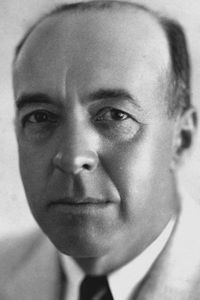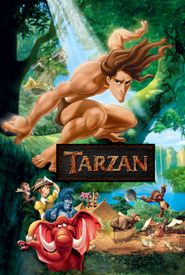Edgar Rice Burroughs' paternal legacy was deeply rooted in the tumultuous era of the American Civil War, as his father, a major in the Union army, had played a significant role in the conflict.
Burroughs' early educational pursuits were marked by a series of institutions, including the Brown School, Miss Coolie's Maplehurst School for Girls, the Harvard School, Phillips Andover, and the Michigan Military Academy. However, his academic journey was not without its challenges, as he struggled to excel and ultimately flunked his examination for West Point.
In his post-educational life, Burroughs embarked on a series of unconventional career paths, working as a cowboy in Idaho, a gold miner in Oregon, a railroad policeman in Utah, and a department manager for Sears Roebuck in Chicago. These experiences would later influence his writing, as he drew upon his diverse background to craft the iconic characters and worlds that would captivate readers worldwide.
In 1912, Burroughs published his debut novel, "A Princess of Mars," under the title "Under the Moons of Mars," in six installments between February and July. The same year, his second novel, "Tarzan of the Apes," was released in October, and it quickly gained popularity. The hardback edition of "Tarzan of the Apes" was published two years later, and on January 27, 1918, the movie adaptation premiered on Broadway, starring Elmo Lincoln as Tarzan.
The film's success was unprecedented, grossing over $1,000,000, a staggering amount for its time. This financial windfall enabled Burroughs to relocate his family to the San Fernando Valley in 1919, where he converted a sprawling estate into the Tarzana Ranch.
During World War II, Burroughs served as a war correspondent in Hawaii, where he was stationed at Pearl Harbor on December 7, 1941. Following the war, he returned home with a heart condition, which would ultimately prove fatal.
On March 19, 1950, Burroughs passed away in his home, surrounded by his beloved Sunday comics. By the time of his passing, he had penned an astonishing 91 novels, 26 of which were part of the Tarzan series. Despite his untimely death, Burroughs' legacy continued to thrive, with his books selling hundreds of millions of copies in over thirty languages.




































































